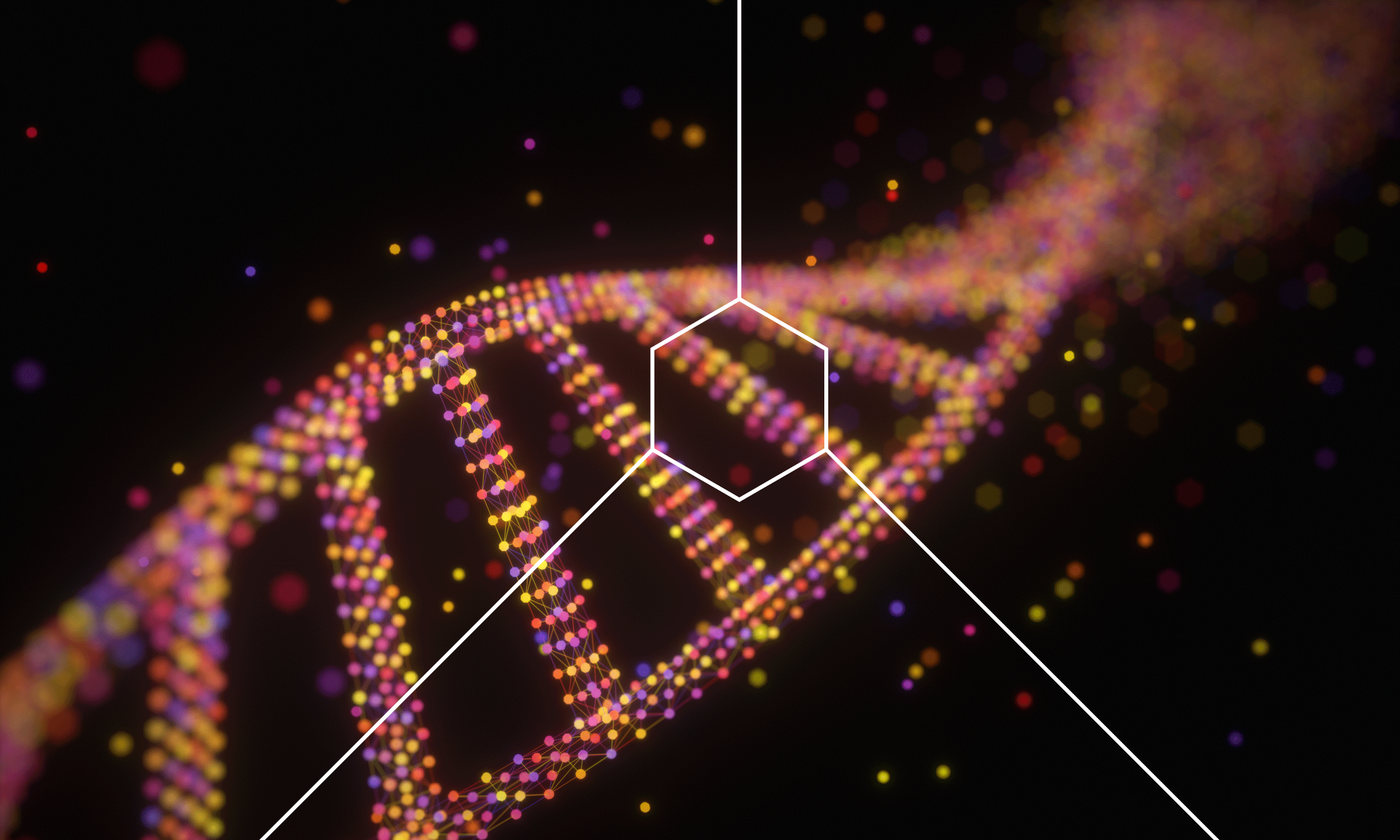
*This is a summary of the findings from various studies and articles. Further information and details on this study are located in the links below.*
Genes
Genes, in the simplest of terms, are a combination of DNA we get from our parents that act as a blueprint for us. The various physical results of this translation are called gene expressions which are the information provided from the DNA; everything from the color of our eyes to how tall you are. This physical manifestation is achieved through proteins that are coded from the information in our genes that then go to their necessary locations in the body to express the information in the appropriate way.
In the frenzy of gene sequencing that occurs when we are being created, there can be an occasional mistake in the creation of our genes, which can lead to a genetic disorder. These disorders can occur in either one singular gene or a combination of genes that interact with each other. They can also be created from environmental factors of damage to our DNA as we age. As we grow older, our genes are constantly translated to recreate the proteins for everything in our bodies, and this constant re-translation can lead to the degradation of the gene as we age. Spontaneous errors in the protein coding can also lead to damage. Though the natural process of cellular aging is not one we can stop completely, changes in our lifestyles can have dramatically positive effects on how well our cells, and we as a whole, age.
However, research has started to indicate that our genes play a massive role in how we age. Genetic predisposition to having a better repair and stress-response system within the body can lead to increased healthspan as well as lifespan.
Programmed Longevity
There have been many theories created to try and explain the process of how and why we age. Programmed longevity is the idea that aging is a result of the inactivation of a natural “longevity program” aimed at maintaining our body’s youth.
There are several different biological mechanisms in place to ensure cellular longevity, including apoptosis and autophagy, and to fight cellular senescence- the loss of a cell's ability to divide as it ages. Apoptosis is the controlled and scheduled death of cells within our body to create space for new ones. Autophagy is a multifaceted process that helps maintain homeostasis by breaking down misfolded proteins, defective organelles and any other cellular waste that can begin to build up in our cells as we age.
These processes fit well into the programmed longevity theory because as we get older, they slow down and lead to unnecessary cellular buildup and a reduced biological efficiency to handle the stresses of daily life. Free radicals, toxins we are exposed to in our everyday lives, from the food and water we consume as well as the air we breathe, can lead to accelerated aging and DNA damage if left unchecked. This stress response caused by cellular damage triggers autophagy, which clears out the damaged organelles to prevent further damage and create space for new ones to be created.
Juventology
Juventology, or the “study of youth” is a relatively new field dedicated to understanding the processes of longevity to help create longer, healthier lives for those who want to listen. As the science behind longevity and juventology continues to pour out, there are several claims that direct a change in lifestyle as a main driver of extended health. The change in question is fasting.
Scientists have been studying the effects of fasting on many different organisms, from mice to yeast to humans, and have found several lifespans extending results from the behavior change. Periodic fasting and caloric restriction trigger the body to enter a stress-resistant state which causes a domino effect of cell protection, regeneration and rejuvenation. These processes lead to healthspan - the period where an individual remains healthy- and ultimately youthspan - the period where an individual’s function is maximized- extension as well.
An approach that utilizes both juventology as well as looking at our genetic predisposition for healthy aging can help maximize the effects of both and lead to a much higher quality of life much later on.







